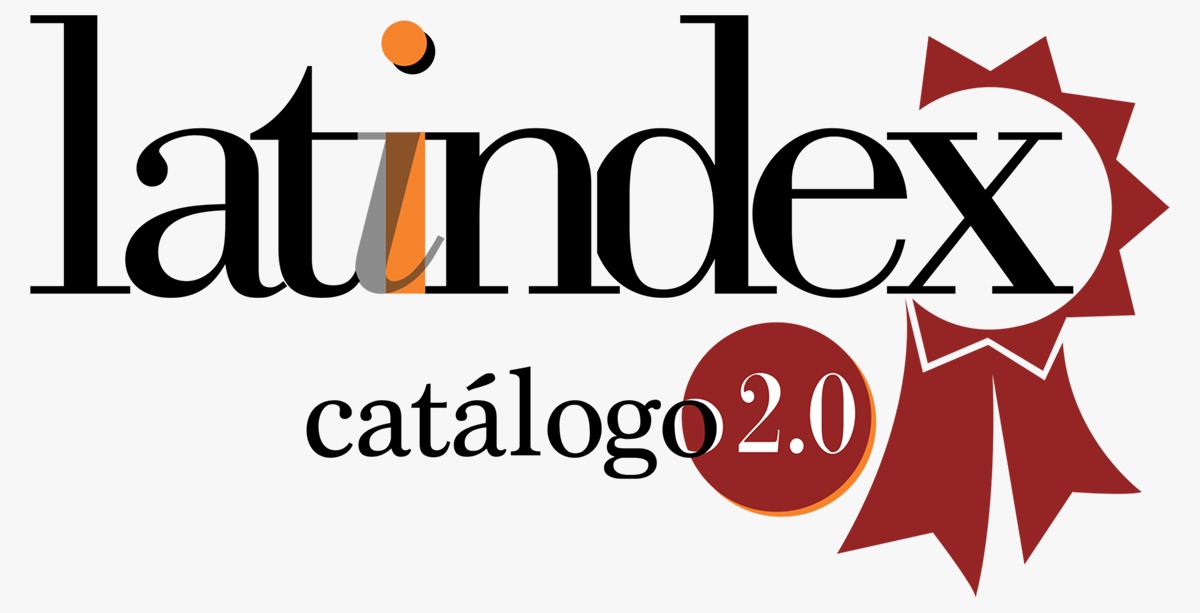The perception of the Qali Warma national school feeding program and food habits
DOI:
https://doi.org/10.47865/igob.vol4.2021.135Keywords:
Qali Warma, educational projects, eating habits and childhoodAbstract
Objective: To know the relationship between the perception of the National School Food Program Qali Warma and eating habits in students of public educational institutions in the province of Huánuco, Huánuco region in 2018. Material and methods: As instruments, they were used Surveys for the measurement of both variables and were applied in a non-stratified manner. Regarding reliability, it was ensured by means of Cronbach's alpha coefficient. The validation of instruments was carried out through the evaluation of Expert Judgment. The methodology used in the present work was quantitative, for both variables through its operationalization.
The design was non-experimental descriptive correlational. The research is classified as transversal. Result: The results allow us to state that there is no relationship between the National Food Program Qali Warma and eating habits in students of public educational institutions in the province of Huánuco, Huánuco region in 2018.
Conclusions: It is established that the perception of the National School Food Program Qali Warma and eating habits in students of public educational institutions in the province of Huánuco, Huánuco region in 2018 are categorical independent variables with a coefficient of bilateral variation 0.248> 0.005.
Downloads
References
Ajito, E. (2017). Estudio de los factores que estarían contribuyendo o limitando la calidad, monitoreo y distribución de los alimentos que entrega el Programa Nacional de Alimentación Escolar Qali Warma basado en la percepción de los actores del programa de 4 instituciones. Lima.
Inga, K., & Torres, M. (2001). Tamaño de una muestra para una investig ación de mercado. Facultad de Ingeniería - Universidad Rafael Landívar, 1-13.
Romero, G., Riva, M., & Benites, S. (2016). Crónica de una reforma desconocida: experiencia de implementación del Programa Nacional de Alimentación Escolar Qali Warma. Lima.
UNICEF. (10 de marzo de 2018). Formación y hábitos alimentarios y estilo de vida saludables. Obtenido de https://www.unicef.org/venezuela/spanish/educinic9.pdf
Vicente, I. J. (2015). Hábitos alimentarios y su relación con el estado nutricional de los estudiantes del V ciclo (5° y 6° grado) del nivel primaria de la Institución Educativa Nº 106 Abraham Valdelomar, Santa Anita-2014. Lima.
Downloads
Published
How to Cite
Issue
Section
License

This work is licensed under a Creative Commons Attribution-NonCommercial-ShareAlike 4.0 International License.
Esta obra está bajo una licencia internacional Creative Commons Atribución-NoComercial-CompartirIgual 4.0.
















